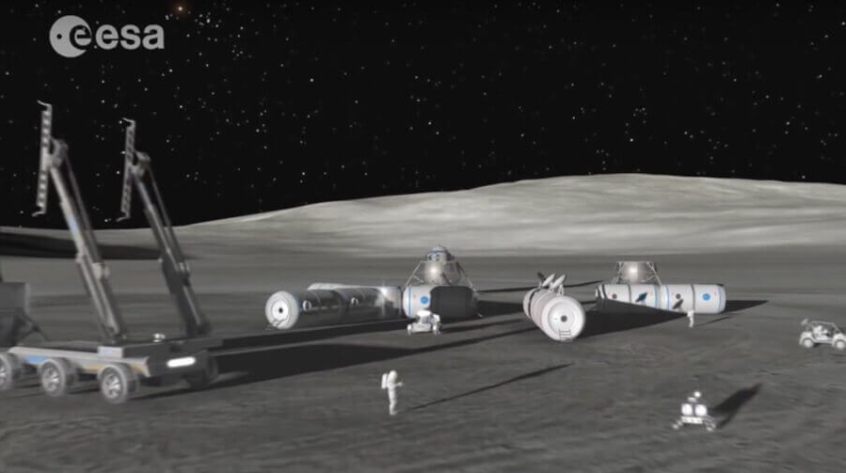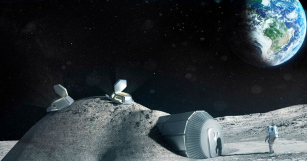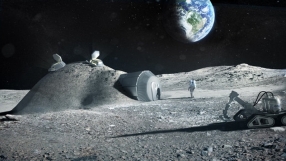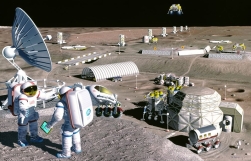
The United States has long sets its sights on Mars, with the National Aeronautics and Space Administration (NASA) planning to land humans on the Red Planet by the year 2030, in line with U.S. President Barack Obama's space policy to prioritise the exploration of Mars rather than the Moon.
However, one of NASA's closest collaborators, the European Space Agency (ESA), chose not to follow the U.S. lead. Instead, it recently decided to join countries like China and Russia—known to have less than cordial relationships with America—in planning for lunar missions in the years ahead.
According to a report by Arstechnica.com, the ESA recently released a video called "The Moon Awakens," riding on the title of the latest Star Wars movie.
In the video, Europe's space agency made known its intention to further study and undertake missions on the Moon together with willing partners with the ultimate objective of sending humans once again to Earth's closest cosmic neighbour.
"This new exploration will be achieved not in competition, as in the past, but through peaceful, international cooperation," the ESA said in the video.
"In the future the Moon can become a place where the nations of the world work together," it added.
The space agency also said that it plans to make use of lessons learned from the International Space Station to achieve its goal of another successful moon landing.
"Eventually we will see a sustained infrastructure for research and exploration where humans will live and work for prolonged periods. Here we will put into practice the lessons of the International Space Station, to establish a facility akin to those we see in Antarctica today," it said.
The ESA nevertheless indicated that its moon mission will just be the first step, describing lunar surface as "a place where we can learn to move onward into the Solar System."
Europe's space agency may very well be eyeing possible water and rare mineral resources on the Moon. Its new director general, Johann-Dietrich Wörner, has in fact floated the idea of a "Moon Village" where humans can live.
The U.S. Federal Aviation Administration recently approved the ESA chief's Moon village idea, and even encouraged America to collaborate in this effort.
















